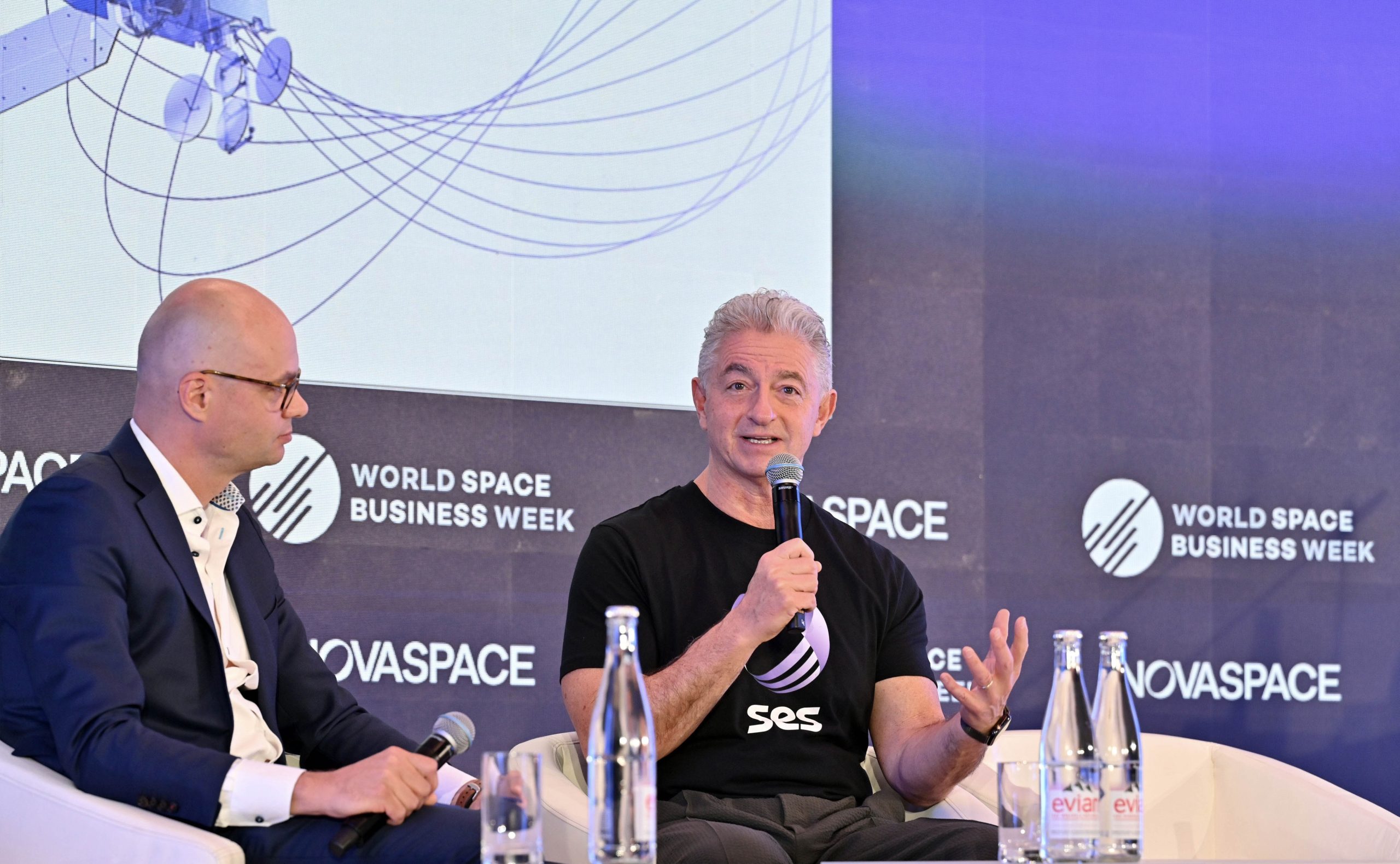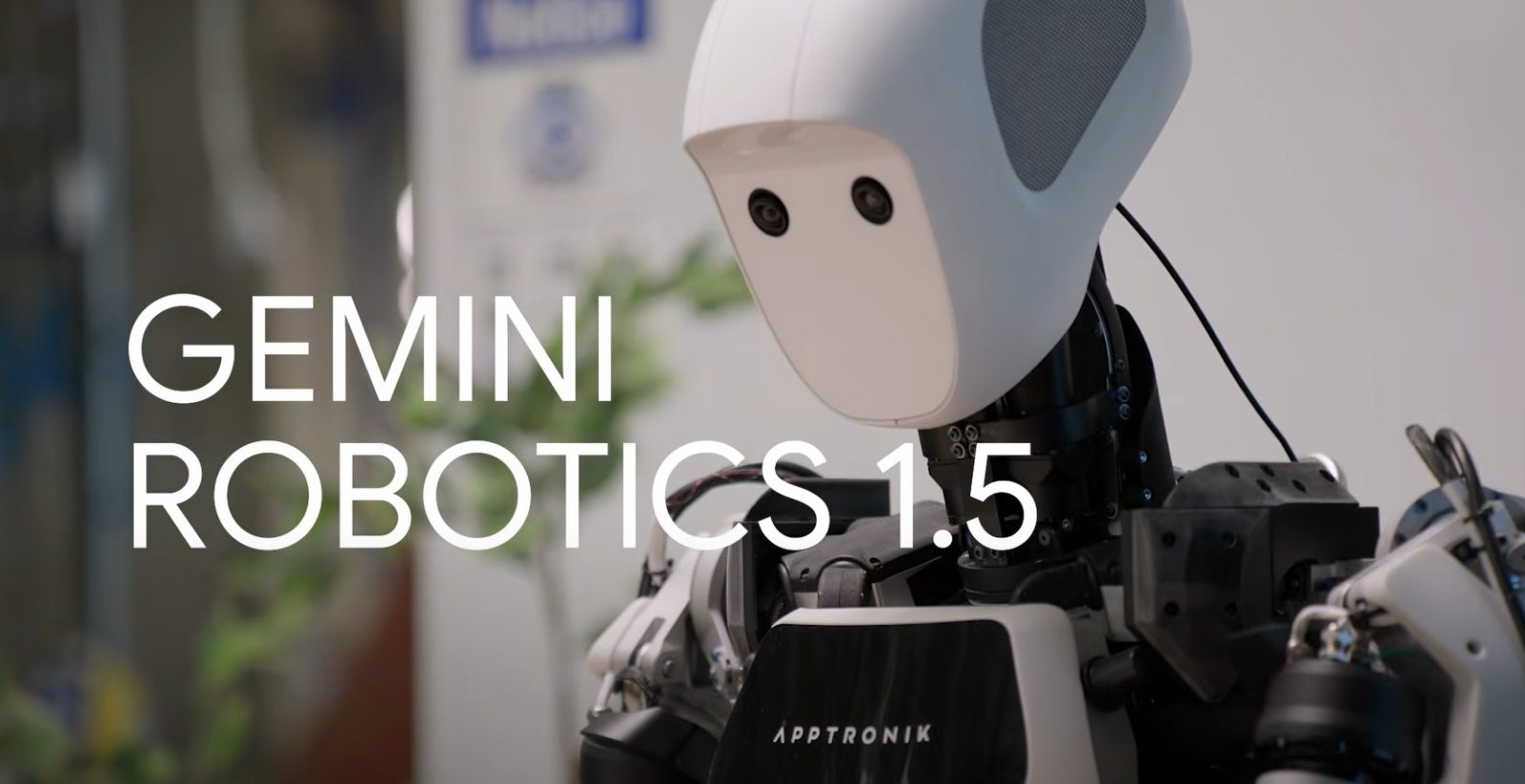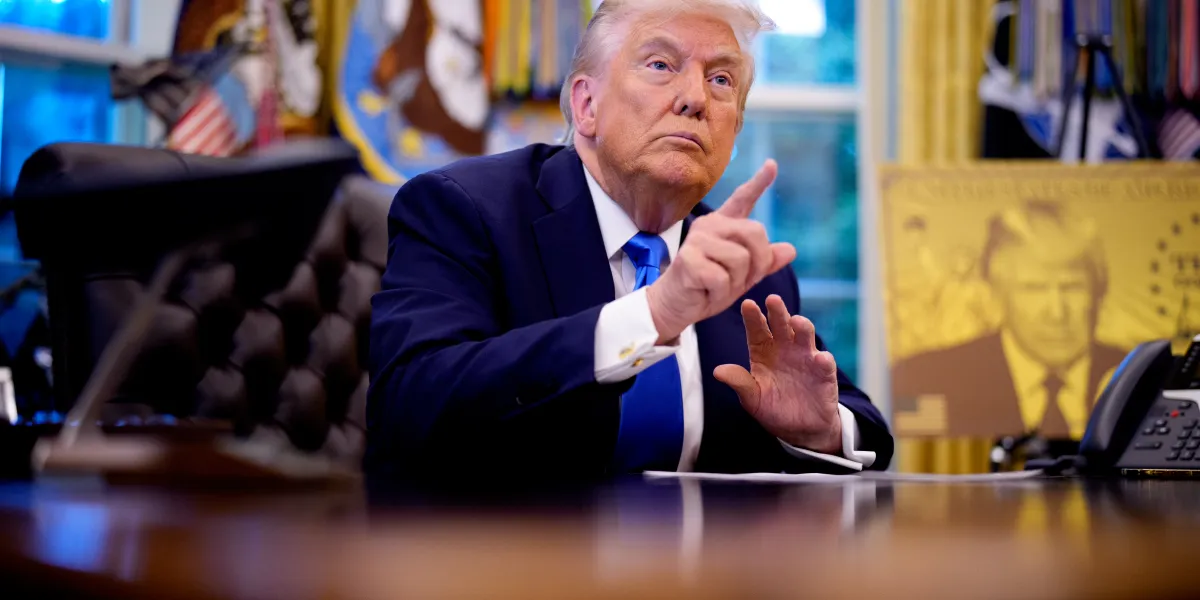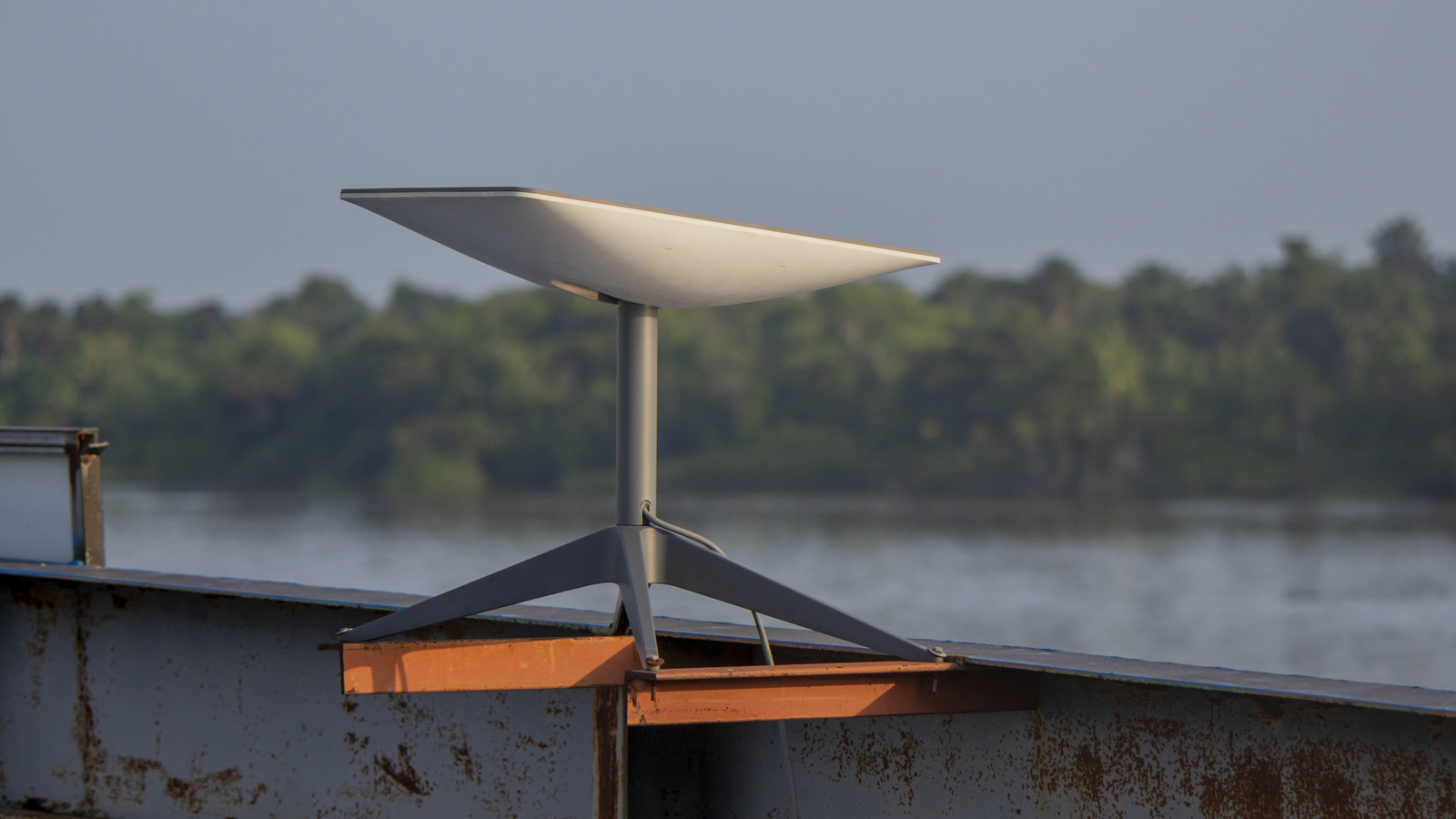By Ghana News
Copyright ghanamma
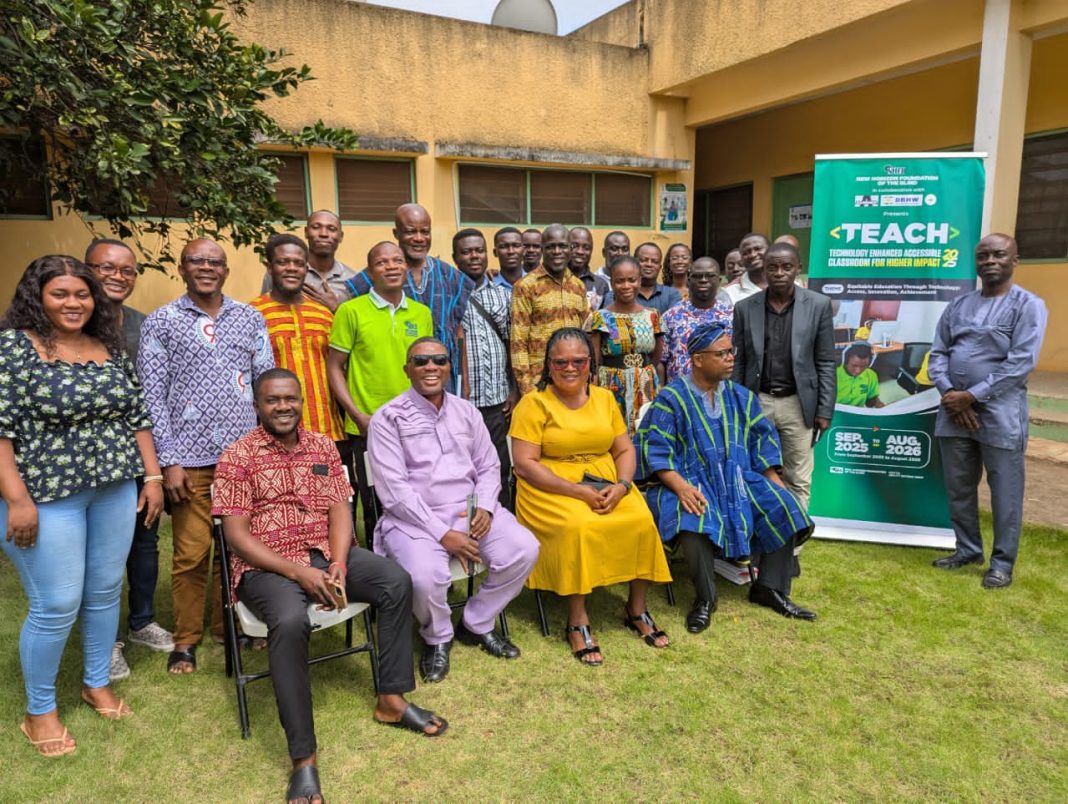
By Caleb Kuleke, GNA
Ho, Sept. 27, GNA – Mr. Isaac Kojo Bisa, Volta Regional Special Education Coordinator, has announced that the Regional Special Education Coordinating Council would be relocated from Hohoe to Ho.
He said this would reflect the administrative restructuring, following the creation of the Oti Region.
Mr. Bisa in an interview with the Ghana News Agency (GNA) made the disclosure, after a programme organised by the New Horizon Foundation of the Blind.
The programme was dubbed: “Technology- Enhanced Accessible Classroom for Higher Impact Project (TEACH).”
Mr. Bisa stated that the purpose of setting up the office in Hohoe was to make it central so that people from the now Oti Region could have easy access to it.
The Director stated that now that the Region Oti has been formed, Hohoe is now on the periphery, necessitating its relocation to Ho to make it more convenient for people from other areas, particularly Volta South, including Keta and Aflao.
Mr. Bisa commended New Horizon Foundation of the Blind and its partners for their dedication to improving the lives of visually impaired individuals.
He advocated for the integration of students with disabilities into mainstream education, noting that segregated systems are no longer viable.
He stressed the importance of media engagement both traditional and digital to raise awareness and drive advocacy.
Mr. Kennedy Amedeka, the Volta Regional ICT Education Coordinator described ICT as a vital pedagogical tool in today’s digital age.
He acknowledged challenges such as limited access and teacher capacity.
The Coordinator noted that 90 per cent of Basic School teachers in the region have received ICT training.
He pledged full support for the TEACH Project to ensure its long-term sustainability.
The TEACH Project aims to equip learners with tools for self-directed study, train teachers to deliver inclusive lessons, build classrooms where diversity is a strength and demonstrate that inclusive technology benefits everyone, not just those with disabilities.
Edited by Maxwell Awumah/Benjamin Mensah
